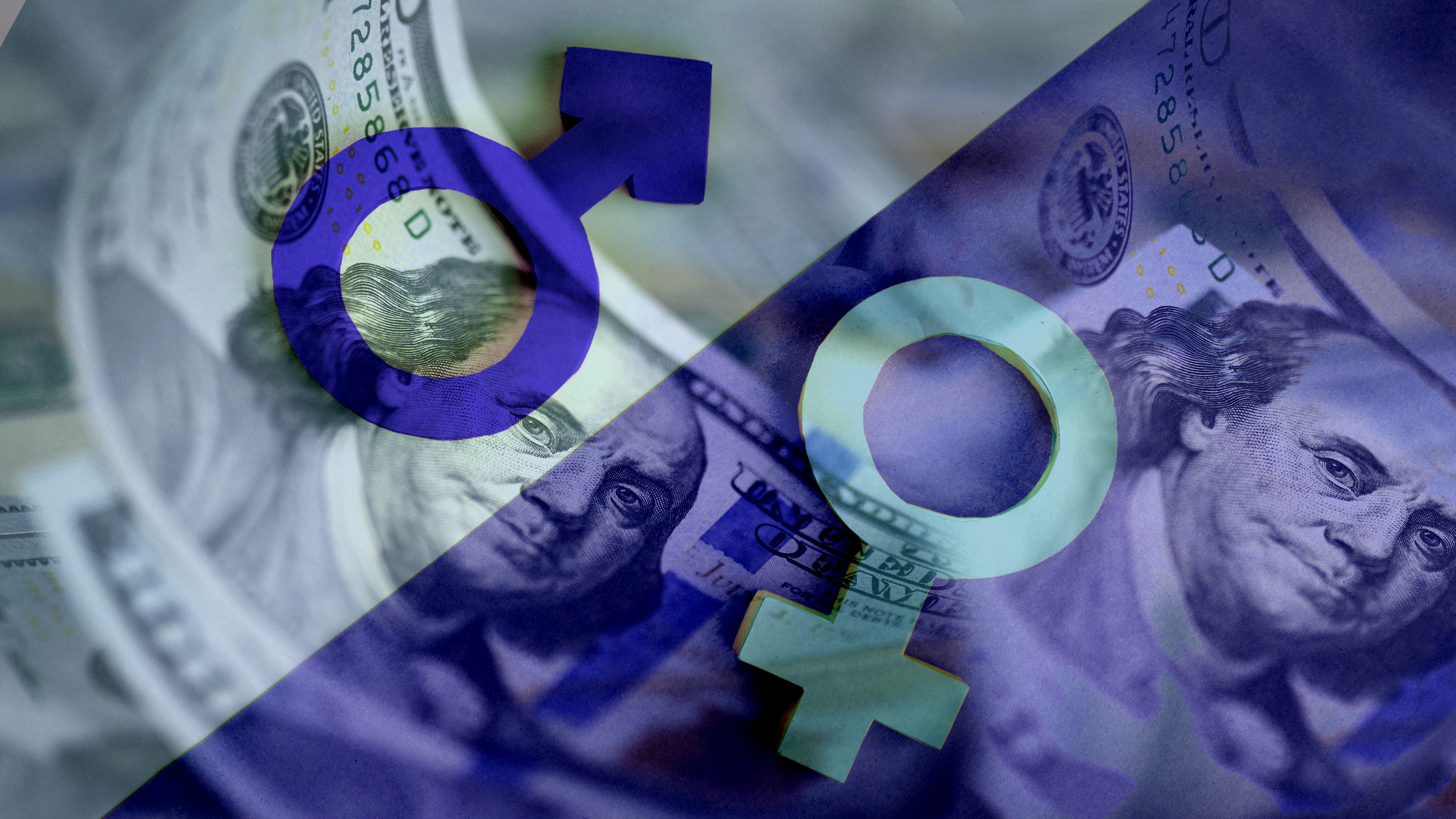ARGUING YES
Chief Administrative Officer and Commissioner at the Pay Equity Commission of Ontario
ARGUING NO
Economist; Bloomberg Opinion Contributor; Senior Fellow
at the Manhattan Institute
GUEST MODERATOR
Journalist at New York Magazine and Vox
This week:
- New episode: is it time for new policies to close the gender wage gap?
- A closer look at the evolving trends in pay practices
- Your Sunday reading list
82 cents to a dollar. That’s how the Pew Research Center describes the current gender wage gap in the United States.
As part of our National Women’s Month coverage, we decided to dig much deeper.
We discovered this topic is much more than a women’s issue. It affects men, families, and the overall economy, especially post-COVID with 77% of women returning to the workplace.
There’s more:
- 18% of parents stay home with their kids, including 1 in 5 fathers.
- 16% of women are the primary breadwinners in half of all marriages today.
- Growing female labor market participation could add a trillion dollars to the U.S. economy in the next decade.
We don’t debate whether there is a gender wage gap, but whether we need immediate policy solutions to address it. Isn’t it possible that autonomous, strategic personal choices drive the gap in ways policies won’t fix?
Seven women take on this fascinating discussion including our guest moderator Nayeema Raza, debaters Kadie Ward Philp and Allison Schrager, and journalists Stacey Vanek Smith, Stefanie O’Connell Rodriguez, Emma Hinchliffe, and author of the recent New York Times bestseller “This American Ex-Wife” Lyz Lenz.
Listen to our debate now on your favorite place to listen to podcasts, YouTube, and on WNYC. As always, let us know what you think.
DEBATING THE DATA
What’s Stopping the Wage Gap From Closing?

POINT/COUNTERPOINT
Should We Address the Gender Wage Gap?
YES: Kadie Ward Philp
“The gender wage gap needs to be addressed because it can be addressed through decisive policy action. The gender wage gap was once 59 cents on the male dollar in 1960, and it’s now about 84 cents. This cannot be credited merely to the invisible hand of the market. This happened because of activism, changing social norms, changing labor dynamics, and through various forms of targeted proactive legislations. Governments that have recognized that the gender pay gap is multifaceted and requires policy intervention are making huge strides in reducing its severity.”
NO: Allison Schrager
“The biggest wage gaps tend to be things like corporate law, banking, places where they want you to be there all the time. Being there when your employer wants is really valuable to them, and it’s a tradeoff. Some women genuinely desire to be present for their children’s childhood. There’s nothing wrong with that. This really drives a lot of the gender wage gap. That’s why policy has less of a role to play: because it makes these decisions that are very personal — her job, her family, her needs — much more rigid.”
WEEKLY POINTS OF VIEW
Even Donald Trump’s own prosecutors think he’s guilty
Lanny Davis | March 2, 2024
Pittsburgh Post-Gazette
Watch Lanny’s mock trial on whether Trump is guilty in the January 6th case
Fixing the border: Four reasons the immigration crisis isn’t going away
Elaine Kamarck | February 29, 2024
Brookings Institution
Watch Elaine’s debate on whether primary elections are ruining democracy
Stacy Mitchell | February 28, 2024
The Atlantic
Watch Stacy’s debate on whether Amazon is good for small business
James Rickards | February 29, 2024
Daily Reckoning

















